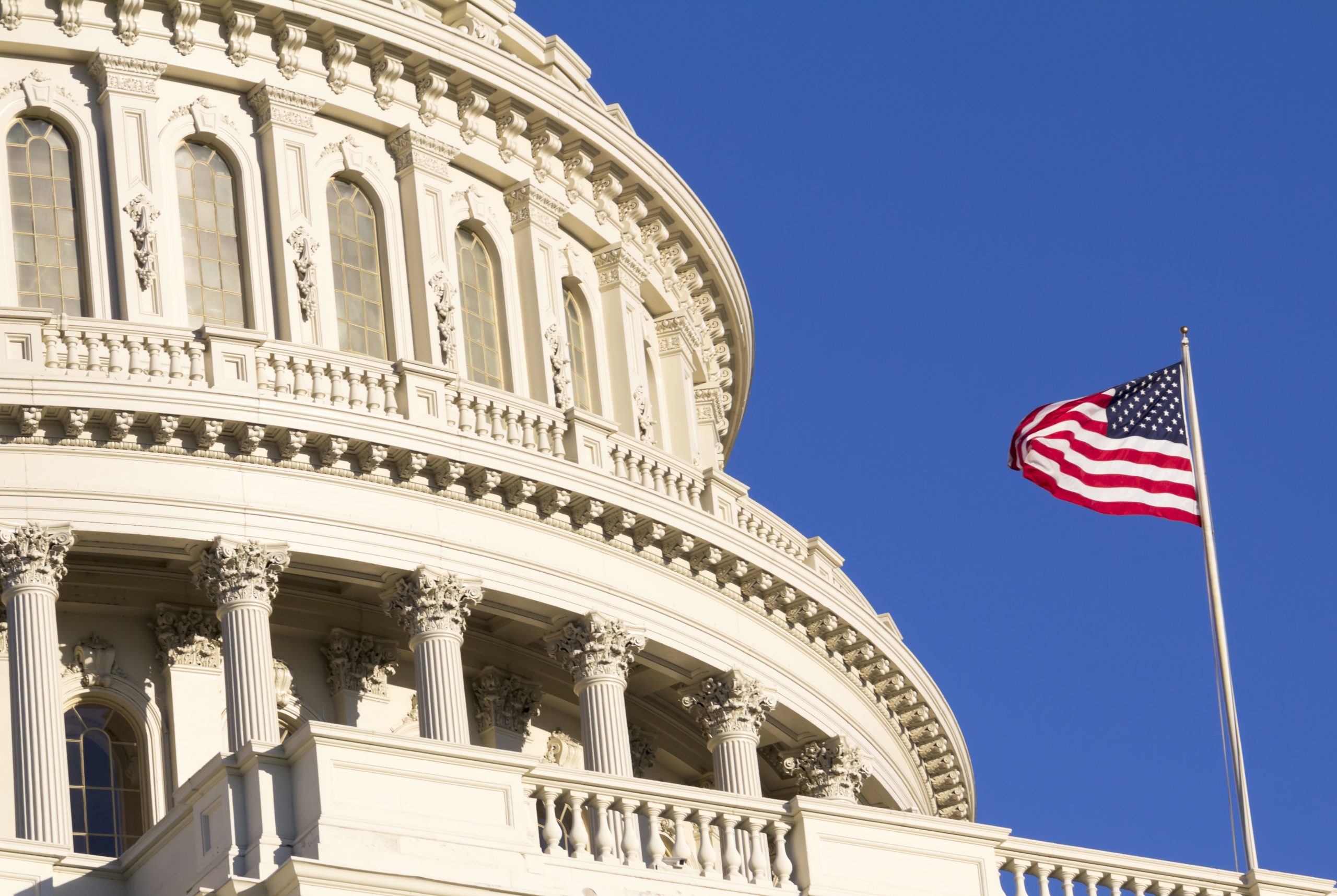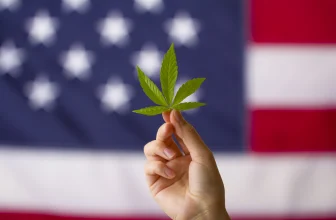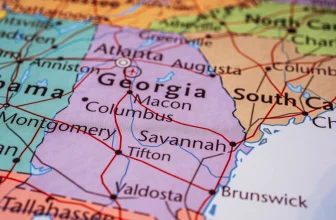
On Wednesday, US Senators Cory Booker (D-NJ) and Elizabeth Warren (D-MA) sent a co-written letter to Attorney General Merrick Garland urging him to end the federal prohibition of cannabis.
This news comes amidst a rising tide of support for cannabis descheduling among congressional Democrats, a growing number of Republicans, and others throughout various governmental agencies.
The Contents of the Letter
In their letter, Sens. Booker and Warren stated that Merrick should start a descheduling process that would let states “regulate cannabis as they see fit, begin to remedy the harm caused by decades of racial disparities in enforcement of cannabis laws, and facilitate valuable medical research.”
Both senators made an emotional appeal to Garland. “Decriminalizing cannabis is also a critical first step in addressing the racial inequities in cannabis law enforcement,” they wrote, referencing the disproportionate burden that cannabis prohibition laws place on people of color despite similar usage rates among different races.
The senators also pointed to the momentum behind cannabis reform in Congress, suggesting that Garland could work in parallel to decriminalize the plant. Biden’s opinions on cannabis descheduling also comprised part of the letter, as the president was supportive of the idea of decriminalization and expunging criminal records while campaigning.
A Focus on Racial Disparities
Booker and Warren were not sparing when discussing the effects of marijuana prohibition on people of color. They said that federal criminalization of cannabis has “disproportionately affected the ability of people of color in the United States to vote, to pursue education, and to build intergenerational wealth.”
While it is impossible to undo the unimaginable harm that such policies have inflicted over the past decades, their appeal to Merrick Garland is to start fixing the problem at the root. “You can begin to repair the harm that the criminalization of cannabis has wrought on communities of color by using your statutory and regulatory authority to deschedule this drug.”
How Merrick Garland Could Respond
The Attorney General is able to pursue a change to marijuana policy through a statutory process that would bypass the need for congressional approval.
He can initiate the process by requesting that the US Department of Health and Human Services (HHS) perform a scientific review. This would then pass the role of research onto the Food and Drug Administration (FDA), who would assess the implications to public health and medicine, among other considerations. They would then pass their review to the Justice Department.
Alternately, the HHS secretary could file a petition to reschedule cannabis and send it to Garland for review. This is a role that the Attorney General usually leaves to the Drug Enforcement Administration (DEA) but could complete himself.
However, Booker and Warren are suggesting that Garland take the first option. They point out that the HHS could recommend keeping cannabis in the same schedule or simply moving it to another schedule, but that this “recommendation is not binding and the attorney general may still choose to initiate a rulemaking procedure to deschedule or reschedule the drug.”
As for whether Garland will follow their suggestion, his record paints him as someone who believes the DEA should be the ones making this decision.
Can the AG Legally Deschedule Cannabis?
According to the senators, the Attorney General does possess the authority to take these steps, including removing marijuana from the list of controlled substances. However, it’s worth looking at the actual statute that would guide the process.
Under federal law, if the US is part of any international treaties that require a substance to be controlled, it is the attorney general’s job to “issue an order controlling such drug under the schedule he deems most appropriate to carry out such obligations, without regard to” the independent review by the HHS.
In the past, obligations to international treaties have been cited as reasons for not being able to decriminalize cannabis. However, such arguments are weak — the US has a record of putting other actions before treaties and international agreements.
Either way, there is an argument to be made that Garland would only be allowed to bump marijuana down to the lowest scheduling and could not fully remove it.
But as far as Warren, Booker, and millions of other Americans are concerned, it’s sure worth a try.






